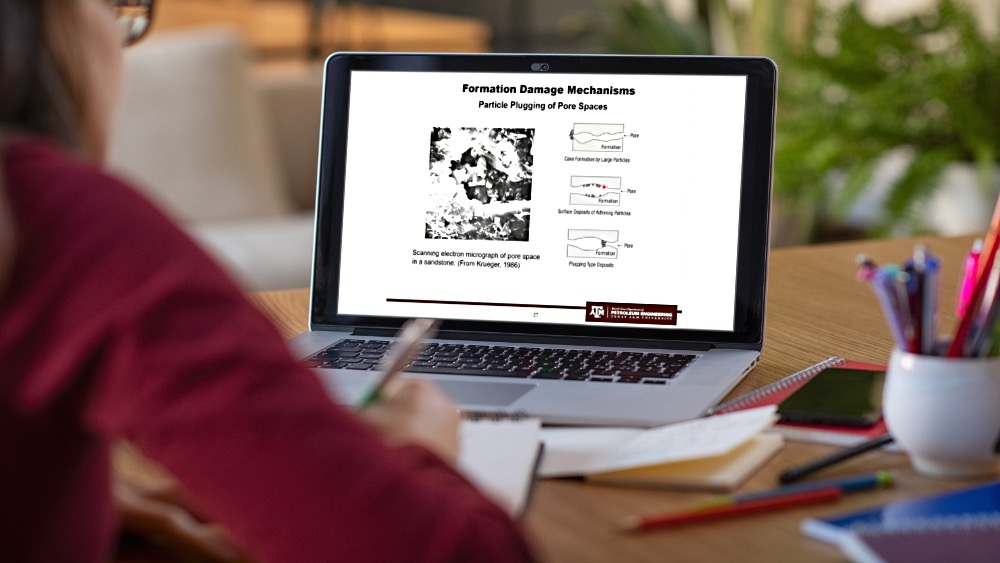Online Master of Science in Safety Engineering
This program teaches the principles and practices of safety engineering for leadership careers in industry and is intended to meet an identified industry need for continuing education for its professionals. The industry is in a state of unprecedented growth, wherein technology advancements are ever changing and even the most recent graduates need continued education training and knowledge in order to succeed.

Overview
-
The MS SENG requires a minimum of 32 credit hours of approved coursework and research. Of those hours, 16 credit hours are required for core coursework while the remaining 16 credit hours consist of a combination of research, directed studies, and electives. All credit requirements can be fulfilled via both in-person learning or online (distance) education.
-
Core coursework requirement (16 credit hours)
- 15 credit hours – five mandatory courses
- 1 credit hour – safety seminar
Other requirements (16 credit hours)
- 9 credit hours – three elective courses
- 1 credit hour – safety practice
- 6 credit hours
- Track A: Applied research (thesis-based program) OR
- Track B: Directed studies (project-based program) OR
- Track C: additional elective courses (course-based program)
Entrance Requirements
The prerequisite for the MS SENG is a bachelor's in engineering.
The university computes GPR (Grade Point Ratio) on a four-point scale for each applicant. Generally, a minimum GPR of 3.0 is required to be considered for admission into the graduate program. While there is no minimum GRE score required, the scores are competitive based on the pool of applicants.
The university requires all international graduate students whose native language is not English to fulfill an English proficiency requirement. Verification of English proficiency can be achieved by a Test of English as a Foreign Language (TOEFL) score of at least 550 paper-based, 213 computer-based, 79-80 internet-based or GRE Verbal score of 146. Those graduate applicants not verified must take the English Language Proficiency Examination (ELPE) prior to registering for courses in their first semester. The ELPE evaluates English skills in the area of grammar, vocabulary, reading, listening, written composition, and oral communication. The English Language Institute (ELI) administers the ELPE as well as offering English courses in these areas.
The safety engineering program considers various factors when making the graduate admission decisions, such as quality of institutions previously attended, content of past academic work, work experience in safety domain, letters of recommendation, applicant’s statement of purpose, and writing samples.
Application Deadlines
Fall semester admission – March 15
Spring semester admission – Oct. 1

